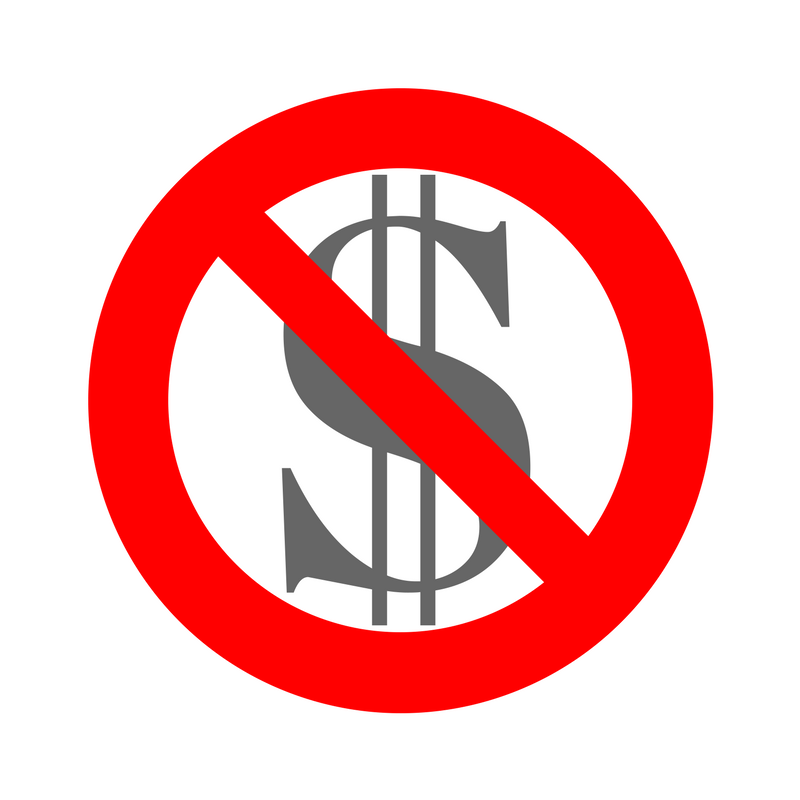
5 Mortgage Myths You Shouldn’t Buy Into
It seems like when you are ready to buy a house everyone becomes an expert on the lending industry. Neighbors, family members, and friends all have advice to give, and the internet is loaded with articles addressing the mortgage topic.
However, not all advice is good advice. So, don’t get scared off by the following mortgage myths.
- You’ll hurt your credit score if you talk to more than one lender
If you visit multiple mortgage lenders within 30 days the credit bureaus only count that as one inquiry. That means as long as you are organized and timely in your meetings with lenders you will be able to shop around to find who can offer you the best program and rate without hurting your credit score.
And, since even a small decrease in interest rates can add up over the life of your mortgage you want to shop around.
- You have to payoff your debt
The amount of debt that you have can influence your lender’s decision to approve you for a mortgage loan, but it doesn’t mean that you can’t buy a house if you have debt. Your lender is not only going to look at how much debt you have, but also what type of debt you have. If you are bogged down by credit card debt it’s going to hurt your chances on getting approved more so than if you are only carrying student loans or an auto loan.
- You don’t need to get pre-approved if you are pre-qualified
While being pre-qualified and pre-approved sound like they are the same thing they are very different. When a lender pre-qualifies you they simply talk to you about your financial situation and determine based off that information what your approval situation would look like. When they pre-approve you for a loan they have pulled your credit, looked at your financials, and are assuring you of what you’ll be approved for up to a certain time period if nothing changes in your situation.
- You have to save 20% for a down payment
It’s true that the standard down payment is 20%. But, there are plenty of programs available that allow you to lower that number.
For example, if you obtain an FHA loan you can pay as little as 3.5% and if you qualify for a Veteran’s Administration loan you aren’t required to make a down payment. This is one reason it’s important to talk to a lender when you are interested in buying a house.
- Once you have the down payment and pre-approval you’re all set
Your down payment is not your only upfront cost as a buyer. While the seller tends to take on the largest amount of closing costs you still have some that you’ll need to make. It averages around 1-2% of the final sale price of the house.
Believing mortgage myths can delay you from purchasing a house. While most people giving you advice have good intentions of trying to help you, if they aren’t a mortgage lender or real estate agent, take what they say with a grain of salt. Then, call the professionals.



